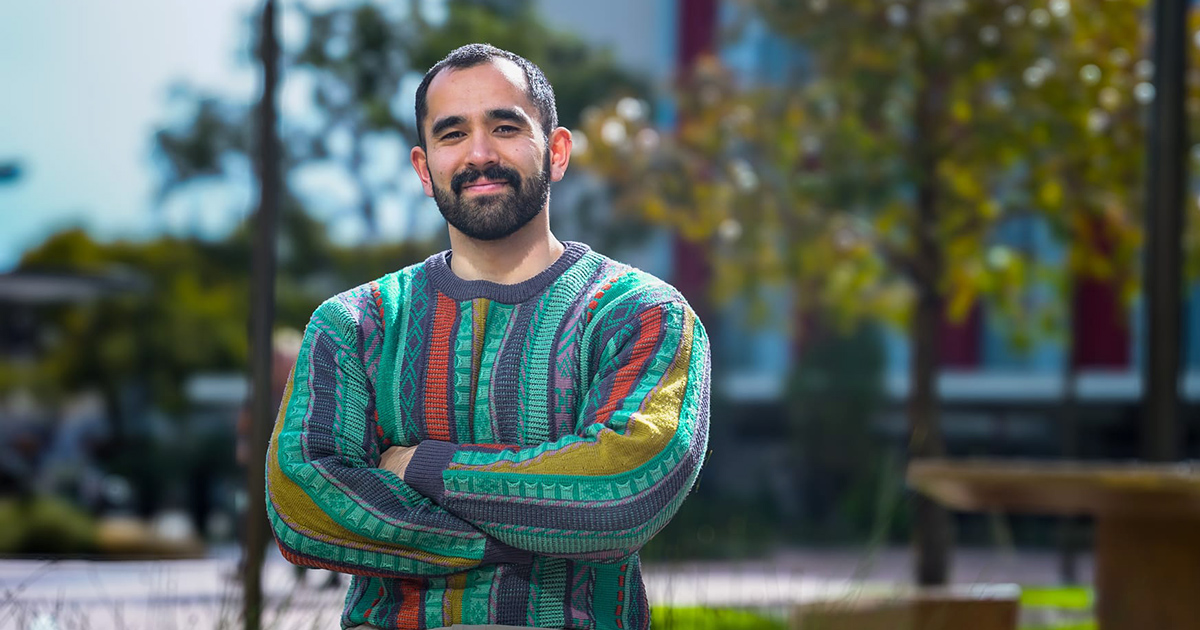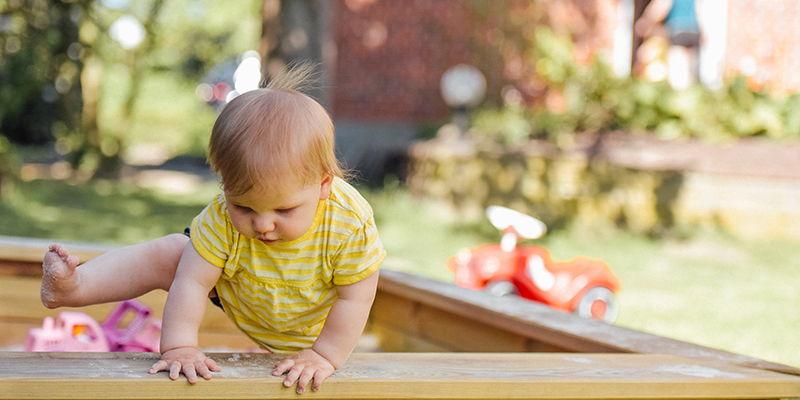Search
Research
Systematic Review and Meta-analysis: Early Irritability as a Transdiagnostic Neurodevelopmental Vulnerability to Later Mental Health ProblemsIrritability is a transdiagnostic indicator of child and adolescent internalizing and externalizing problems that is measurable from early life. The objective of this systematic review was to determine the strength of the association between irritability measured from 0 to 5 years and later internalizing and externalizing problems, to identify mediators and moderators of these relationships, and to explore whether the strength of the association varied according to irritability operationalization.
Research
Skill Enactment Among University Students Using a Brief Video-Based Mental Health Intervention: Mixed Methods Study Within a Randomized Controlled TrialMental health problems are common among university students, yet many students do not seek professional help. Digital mental health interventions can increase students' access to support and have been shown to be effective in preventing and treating mental health problems. However, little is known about the extent to which students implement therapeutic skills from these programs in everyday life (ie, skill enactment) or about the impact of skill enactment on outcomes.
Research
Internet-based third-wave Cognitive Behavioral Therapy (CBT) for reducing stress in parents of children and adolescents with chronic conditions: Systematic review and meta-analysis protocolParents of children and adolescents with chronic conditions have an increased risk of stress-related mental health problems, and reduced quality of life. Third wave Cognitive Behavioral Therapy interventions have been shown to reduce stress in this parent population. Studies demonstrate that this efficacy endures when these therapies are delivered online.
Research
Screening Measures of Perinatal Mental Health and Wellbeing in Fathers: A Scoping ReviewAccurately screening fathers for perinatal mental health problems requires well-validated screening instruments that assess the expression of paternal perinatal mental distress. This study aimed to identify and describe the psychometric properties of perinatal mental health screening instruments administered to paternal cohorts within the past two decades.
Research
Atypical Antipsychotic Prescribing in Australian Children and Adolescents: A Survey of Medical PractitionersPrescriptions for atypical antipsychotics in children and adolescents are increasing globally. However, a precise understanding of the clinical variables and evidence that prescribers consider before using these agents is lacking.
Research
The effectiveness of community friendship groups on participant social and mental health: a meta-analysisSocial disconnectedness and isolation are risk factors for poor mental health. Community-based friendship group interventions have been designed to increase an individual's social capital and consequently their mental wellbeing. Structured and unstructured friendship groups reflect two distinct approaches to friendship group interventions.
Research
Strategies for coping and dealing with lateral violence among Aboriginal people living in south-east AustraliaLateral violence, a group of behaviours directed towards people of the same group, is considered endemic among Aboriginal people. Behaviours include bullying, gossiping, isolation or exclusion of certain group members, and challenges to one’s Aboriginal identity. Lateral violence impacts all aspects of one’s life. Due to its pervasiveness, this qualitative study investigated strategies employed by Aboriginal people to deal with lateral violence.

News & Events
Three-year Fellowship to support regional NICU dadsDr Vincent Mancini, a Senior Research Fellow at The Kids Research Institute Australia, has been awarded a prestigious three-year Fellowship to develop and implement an intervention to support the welfare of regional WA fathers and families in the neonatal intensive care unit (NICU).

News & Events
Mental health champion a ‘brilliant woman’Congratulations to Head of Youth Mental Health at The Kids Research Institute Australia, Dr Yael Perry, who has received a Telstra Health 2023 Brilliant Women in Digital Health Award in recognition of her innovative use of technology to achieve positive mental health outcomes for marginalised young people.

News & Events
Perron grants help give researchers wingsValuable support from the Stan Perron Charitable Foundation will enable The Kids Research Institute Australia researchers to commence projects on topics ranging from disability, mental health and lung disease to diabetes, Aboriginal leadership, and the development of child-focused pandemic policies.
